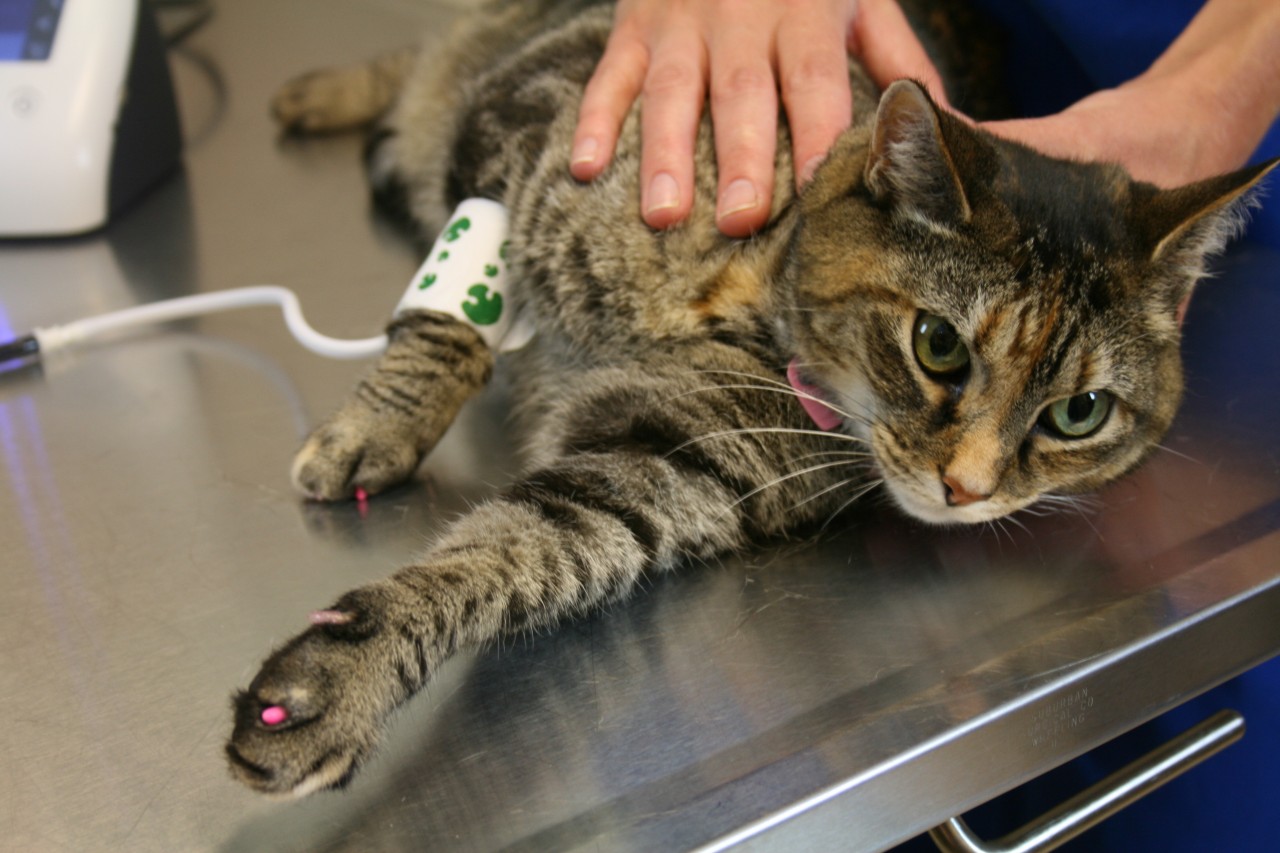![]()
Blog @ SunTech
Advice from the BP Measurement Experts
New SunTech ABPM Reimbursement FAQ for 2020

Revisions to CMS guidelines on ABPM reimbursement make it the perfect time to offer 24-hour out-of-office blood pressure measurement to your patients. For more information on reimbursement, see our 2020 ABPM Reimbursement FAQ.
Roughly half of Americans surveyed feel that MDs care about their patients’ best interests or provide fair and accurate information when making recommendations.1 What is not seen is the labyrinth that is the reimbursement landscape, which can be confusing for physicians because of the number of entities that exert influence on payments. For example, CMS uses the Medicare Physician Fee Schedule (PFS) to adjust Medicare payments, and sometimes these changes can have dramatic effects on doctor pay.2
If this sounds familiar, you are not alone; 92% of Physicians agreed that they have a responsibility to control costs but 33% felt that it was unfair for them to have to be both cost-conscious and concerned with the welfare of their patients.3 While ABPM (ambulatory blood pressure monitoring) is still the gold standard in diagnosing hypertension, a common question from both those preparing to implement ABPM in their practice and current ABPM users alike:
IS ABPM Reimbursable? Yes. However, the US is still lagging behind other countries in the use of ABPM due to restrictions on reimbursement.
The Good News? CMS took a step towards improving patient care by implementing guideline changes that should make it easier for physicians to obtain out-of-office blood pressure measurements, including:
- A revised threshold definition of hypertension from >140/90 mm Hg to >130/80 mm Hg, effectively increasing the number of US adults with high blood pressure by 15%.
- Reduced the required office visits from 3 to 2 and added language to clarify that an average was necessary to ensure a more accurate BP reading.
- Inclusion of masked hypertension where previously only white-coat hypertension was covered.
What is masked hypertension? Masked hypertension occurs when individuals with office-based BP greater than or equal to 130/80 mmHg and have elevated ambulatory BP ≥130/80. It is estimated that 12.3% of adults and 28% of persons older than 65 years have masked hypertension.
Want to learn more about reimbursement? Check out our 2020 ABPM Reimbursement FAQ, which includes answers to frequently asked questions, such as:
- What codes do I need to know?
- How much is reimbursement?
- What can I do to ensure claims are not denied?
Sources:
[1] Americans views on medical doctors. (2019, December 31). Retrieved January 20, 2020, from https://www.pewresearch.org/science/2019/08/02/findings-at-a-glance-medical-doctors/
[2] Shryock, T. (2019, January 2). Getting paid in 2019. Retrieved January 20, 2020, from https://www.medicaleconomics.com/article/getting-paid-2019
[3] Physician Perceptions of Choosing Wisely and Drivers of Overuse. (2016, May 17). Retrieved January 20, 2020, from https://www.ajmc.com/journals/issue/2016/2016-vol22-n5/physician-perceptions-of-choosing-wisely-and-drivers-of-overuse?p=1
Interested in getting more SunTech news, product info, as well as
tips, tricks, and insights from BP experts?
Sign up to get fresh content delivered direct to your inbox.



